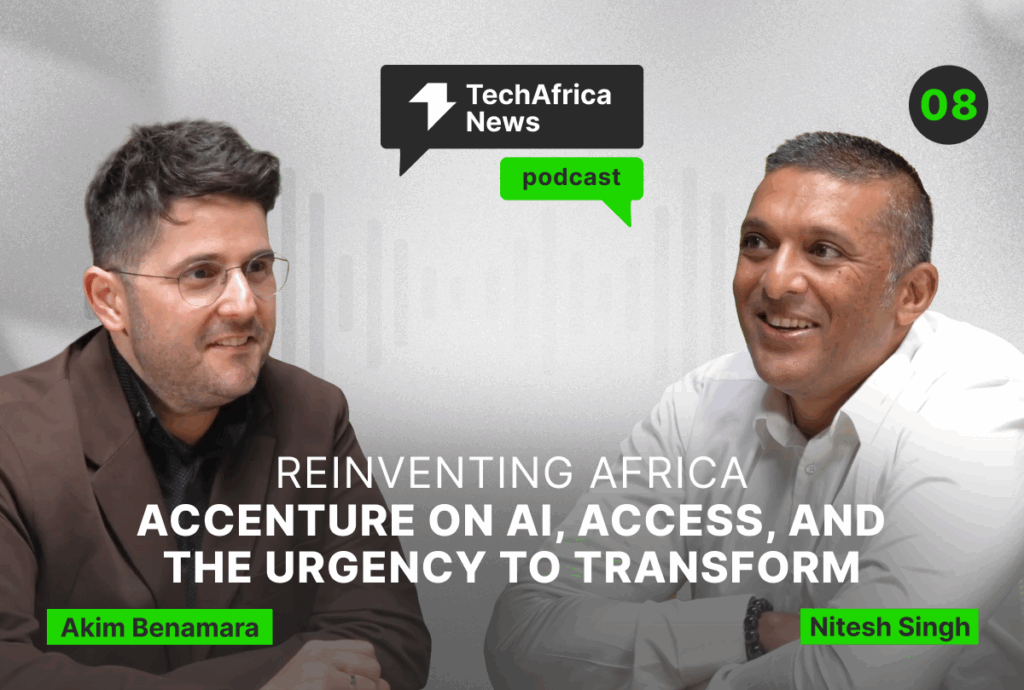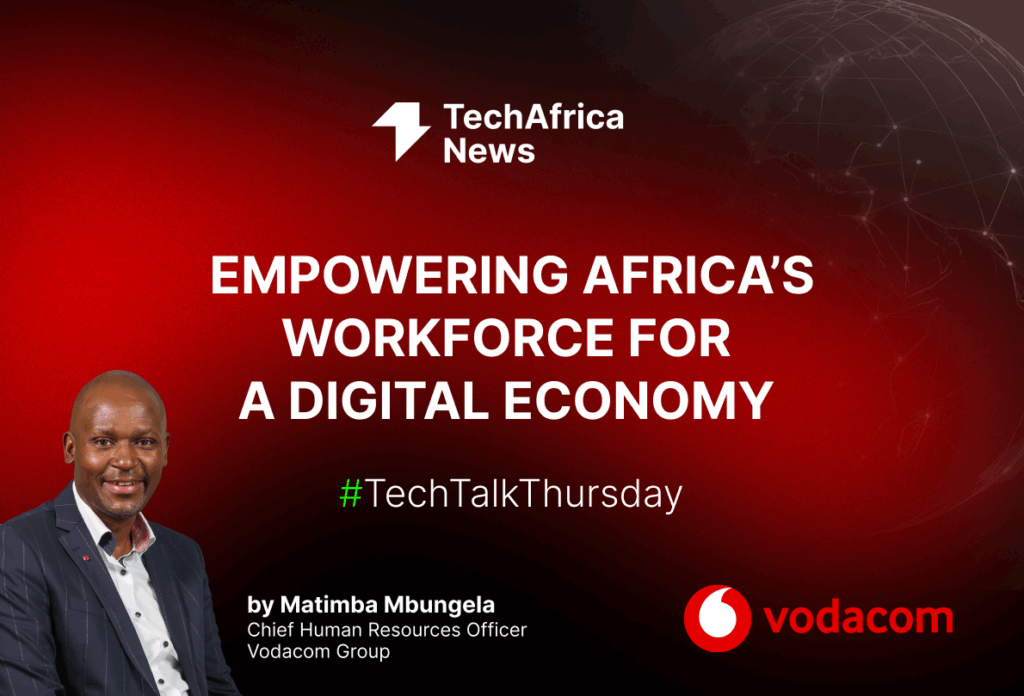Empowering Africa’s Workforce for a Digital Economy
Africa finds itself at a defining moment. With the continent’s digital economy primed for rapid growth, it must also confront two major challenges: persistently high youth unemployment and a critical shortage of tech professionals. According to the International Labour Organization’s Global Employment Trends for Youth 2024 , 21.9% of young people in sub-Saharan Africa are not in employment, education or training. Yet by 2030, 70% of digital skills demand is expected to be for basic-level capabilities. Alarmingly, an OECD survey across 15 African countries shows that only 9% of youth currently possess these essential skills (OECD’s Africa’s Development Dynamics 2024 report ).
If Africa is to drive innovation and digital competitiveness, we need to invest in building a tech talent pipeline among our youth. This digital skills development must not only react to short-term demand across private and public sector organisations but also anticipate the future potential of our continent’s digital economy.
There is no doubt that Africa’s education system has made strides in addressing the digital skills shortage by integrating digital literacy into school curricula and enhancing technical and vocational education and training (TVET) programmes. However, the OECD report reveals that only 30% of TVET trainers surveyed on the continent have recent experience in companies related to the sectors they teach. Furthermore, just 20% of tertiary education students complete science, technology, engineering or mathematics (STEM) degrees. To keep pace with the rapid advancements in technology and the growing demand for digital skills, these formal education efforts need to be supported by other training initiatives to build a robust digital skills ecosystem that empowers our youth and accelerates digital transformation.
Coding boot camps, for example, can offer practical, hands-on experience in digital skills while nurturing young tech talent out of the classroom environment. Additionally, they often provide mentorship and career support, significantly increasing exposure to employment opportunities in STEM. To increase gender equality in STEM, Vodacom’s Code Like a Girl bootcamp series provides girls and young women with the confidence, tools, knowledge and support to enter and flourish in the tech industry. Since Code Like a Girl’s inception in South Africa in 2017, 23 000 girls across Africa have been trained in coding and robotics through this initiative, serving as an important launchpad for digital skills development.
Online education platforms can also unlock digital literacy learning at scale. Young people can use these platforms to acquire in-demand digital skills in areas such as artificial intelligence, cybersecurity, and data analytics. The challenge is to ensure that these opportunities are accessible to all, not just those with strong internet connections or financial means. To overcome this, we recently launched our Digital Skills Hub, which offers free, self-paced digital skills training to young people across eight African countries. Developed in collaboration with AWS, Microsoft, and Skillsoft, we aim to upskill one million youth by 2027, empowering the next generation in tech capabilities and continuing to support an inclusive African digital economy.
Companies have the opportunity – and the responsibility – to collaborate with educational institutions to bridge the skills gap. By co-designing course content, offering internships and job-shadowing, and facilitating workshops, businesses can ensure that students graduate with industry-relevant skills. In South Africa, Vodacom’s Youth Academy was established in partnership with Cisco, MICT-Seta and the Department of Basic Education to equip unemployed youth from impoverished backgrounds with ICT skills. Graduates have the potential to be offered internships and workplace experience, as well as placements into some of our programmes, such as Schools of Excellence and partner NPOs, as paid ICT youth coordinators and training facilitators, expanding their digital skillset and employability in the tech industry.
While building talent from the ground up is critical, there is also untapped potential within organisations. The continent’s digital skills gap is not just an entry-level issue but affects all levels of the workforce. Businesses must embrace internal talent transformation strategies to continuously develop the digital skills of their employees. This could include reskilling non-technical staff into tech-adjacent roles, encouraging digital upskilling, or offering certifications in high-demand areas like cloud computing or data science. Aside from creating a talent pool for business growth in a digitalised environment, investing in continuous learning for employees can boost productivity, improve retention, and future-proof operations.
Africa’s young population is one of its greatest assets. With the right investments, partnerships and commitment, we can turn the digital divide into the digital dividend by unlocking innovation, economic growth and inclusive opportunities for millions.







